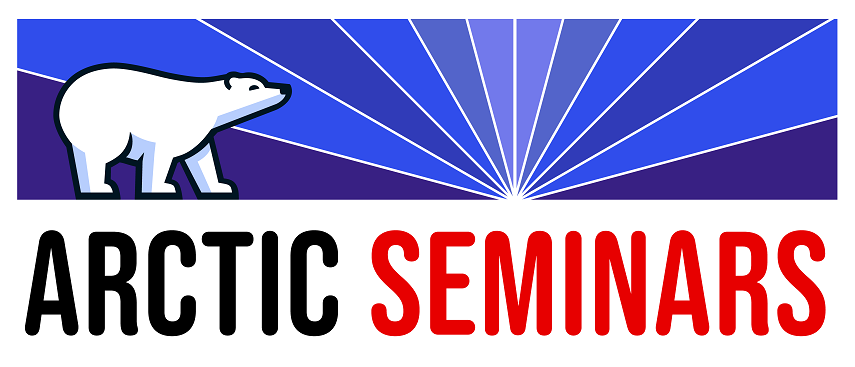Arctic Seminar Series- lunch seminar

How sustainable is the highly promoted Green Transition in Northern Sweden? Past visions and future prospects for the Swedish Arctic
Time: Mon 2023-11-06 12.15 - 13.00
Location: Climate Action Centre, Teknikringen 43
Language: English
Participating: Sverker Sörlin, Division of History of Science, Technology, and Environment & EHL, KTH
We are pleased to welcome Professor Sverker Sörlin to launch the new seminar series Advancing Sustainability in the Arctic and Beyond. Sverker Sörlin, who has written extensively on extractive industries and the Arctic, will explain how the current excitement over northern Sweden becoming an epicenter for the global Green Transition has strong parallels to earlier economic booms and future visions for the Swedish Arctic. His research provides, perhaps, a cautionary tale for how the rush to develop northern Sweden could fall far short of expectations in the medium and long term if the lessons of history are not taken into account.
Will abundant renewable energy sources and access to strategic minerals for electrification underpin the establishment of green high-tech industries and ensure a sustainable future for Sweden, Europe, and the world? Or will current plans and future visions for industrial development simply lead to more large-scale extractivism based upon the expanded exploitation of natural resources, entailing land use conflicts and negative consequences for the natural environment and indigenous communities in northern Sweden? These are some of the fundamental questions that this seminar series will explore, and Prof. Sörlin will set the stage with a presentation grounded in his decades of research on the intersection of environment, economic development, and resource extraction in the Arctic.
Register here for the talk and a vegan sandwich
Sverker Sörlin is a historian of ideas, a Professor of environmental history at KTH, and a government adviser on research and environmental policy. His current research is on the formation of global environmental governance and the science and politics of the cryosphere, climate change, and the Anthropocene. Some of his recent works include Resource extraction and Arctic communities: the new extractivist paradigm ( open access here ), Ice humanities - Living, working, and thinking in a melting world and Framtidslandet (Land of the Future) – his 1988 PhD dissertation on the early-20th century economic development of northern Sweden that has been re-published to provide historical insight for this current moment of anticipation and excitement for the Swedish Arctic.
The Arctic Seminar Series
Advancing Sustainability in the Arctic and Beyond: Opportunities and Challenges in the Swedish Northis a new seminar series organized by the KTH Climate Action Centre and the Division of History of Science, Technology, and Environment together with the KTH Environmental Humanities Laboratory.
Through a series of public seminars involving an array of leading experts and key stakeholders, Advancing Sustainability in the Arctic and Beyond will explore the opportunities, complexities, and possible conflicts associated with the sweeping economic, social, and environmental transformation taking place in the northern reaches of Sweden and other parts of the Arctic. While the Arctic is the place on Earth where the effects of climate change are most dramatic, it is also a region of ambitious new industries and abundant natural resources, including renewable energy and strategic minerals badly needed for the green transition, and the home to indigenous people with longstanding claims to lands that are closely tied to their cultures and ways of life. As the seminar series will explore, this convergence of different values and stakeholders in the Swedish North—that are sometimes in direct conflict with one another—makes the Arctic a region of great relevance for the implementation of sustainable development on a local, national, and global level

